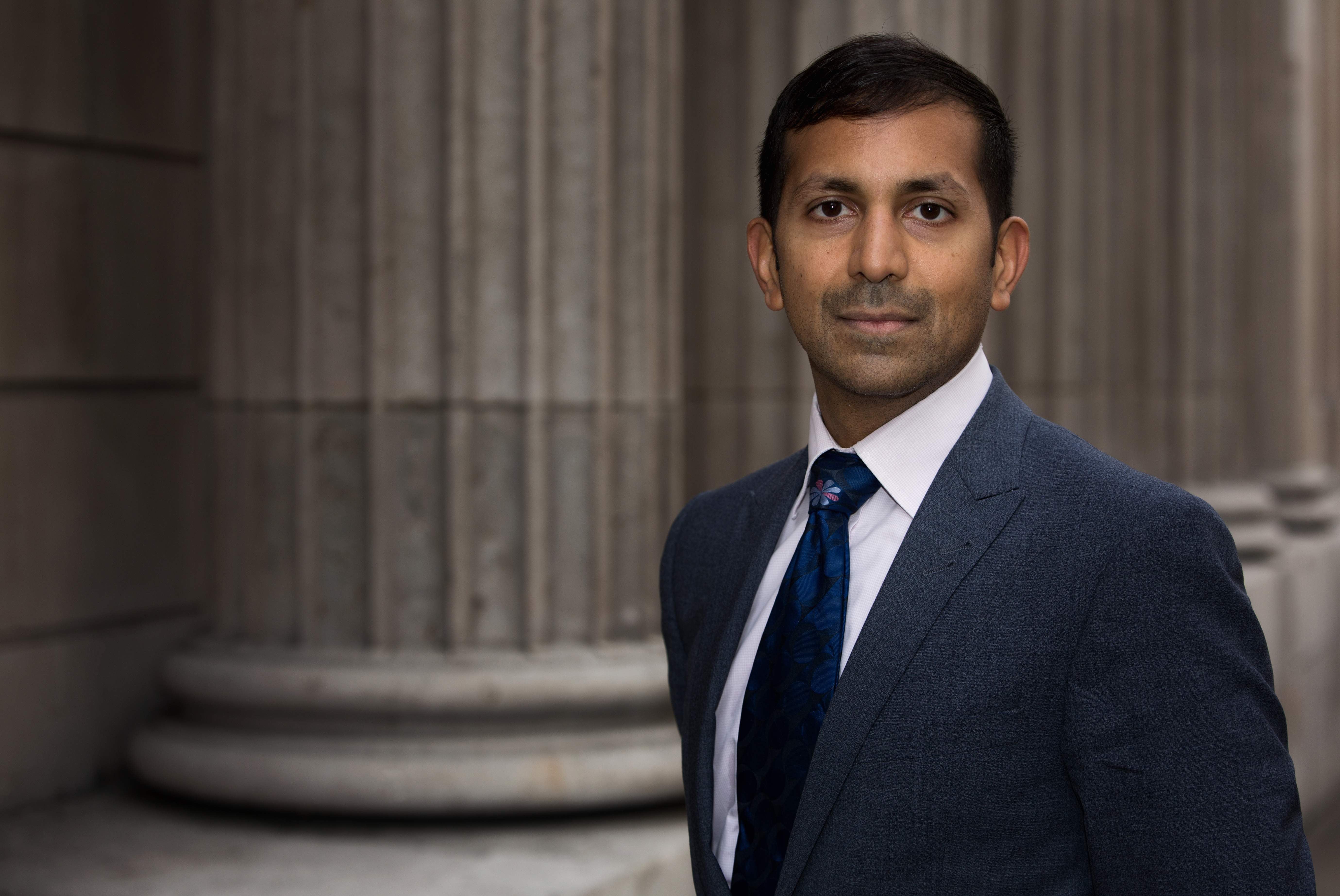
Software companies claim using behavioural psychology finance technology can help wealth managers understand investors like never before
Emotional decision-making is such a huge loss-driver for investors that most wealth managers support using profiling technology to steer their clients away from bad investments, according to data shared with Spear’s.
More than three-quarters of wealth managers who spoke to Oxford Risk say allowing emotion and impulse to guide investments are the biggest mistakes clients make.
The behavioural finance firm questioned 150 wealth managers, with 65 per cent revealing investors frequently make investment decisions based on emotions.
Some 73 per cent say those emotional decisions have come at a significant financial cost to their clients.
In fact, the majority of wealth managers say emotionally-driven investing costs their clients more than 100 basis points of investable wealth every year, on average.
The advisers questioned collectively manage €327 billion across Europe.
Some 78% think the finance sector can expect more regulation that requires wealth managers to have a better understanding of their clients' psychological profiles.
Most forecast a surge in spending on technology to delve deeper into their clients' psyches and improve understanding of their 'financial personalities'.
‘The average investor probably costs themselves around 3 per cent per year because of behavioural decisions,’ says Dr Greg Davies, Oxford Risk's head of behavioural finance and former head of behavioural finance at Barclays.
Read More: UHNWs may think differently due to their level of wealth
Read More: How HSBC Private Banking is embracing ‘cutting edge’ technology
This, says Davies, is where behaviour finance software can play a key role.
‘So much of financial services and indeed of traditional academic finance theory is based on the assumption that you're Spock from Star Trek,' Davies says.
'And although that’s useful to know, it leaves out the fact that we are humans, and often the right thing to do financially, is something that in the moment feels quite difficult to do emotionally.’
While the firm's data appears to show significant appetite for behavioural finance technology, some veteran UHNW wealth managers are not convinced tech will ever replace the human touch.
Over two-thirds (68 per cent) of wealth managers surveyed say they still rely primarily on intuition to assess their clients’ psychological profiles.
Davies says he sees the role of behavioural finance technology to support, rather than replace wealth managers and advisers.
Using behavioural finance technology to guide investment decisions
In the early stages of meeting a new client, AI collects key information about their wealth and goals. Along with psychometric testing, this helps identify an investor's financial personality.
The information is then used to match clients to specific financial products, asset allocations and risk levels, before guiding decision-making through hyper-personalised communication.
This, Davies says, helps prevent remove some of the biases that come from clients’ emotions, as well as removing potential biases on the part of their adviser.
‘Our tools can help to remove some of the bias that comes from advisers assuming their clients are similar to themselves,’ he says.
‘Advisers all tend to be more risk tolerant than their average clients, they tend to be more confident than the average client. There's always a mismatch between adviser and client and our tools can help make that obvious.’
It seems wealth managers do see the value in using algorithms to better understand their clients, with two-thirds saying the current process is overly reliant on subjective human judgement.
But some HNW wealth managers, like Bandish Gudka of LGT Wealth Management, take a more sceptical approach to what can be achieved with psychometric testing.
While Gudka says he can see the value in technologies that assist in the early stages of information-gathering, there are significant factors that algorithms can’t fully understand.
‘For me, it's all about getting to know not only the individual, but also the people who are close to the individual, whether or not we're opening accounts for them,’ Gudka explains.
‘If it's a corporate entity, who are the other directors? What do they do? If it's a family, I find out what their children and grandchildren are doing, and what the relationship is like with them, because that will hugely dictate their decision-making around their wealth.’
Gudka, who speaks seven languages and works with UHNW clients from across the world, says he’s unsure the technology is equipped to consider the range of cultural differences that can affect someone’s attitude to wealth and risk, and understand how to guide them to the best possible decisions.
It’s not that he doesn’t see the value in behavioural finance technology. But Gudka believes advisers need to embrace emotion as a crucial part of the client relationship process.
‘They've spent the best part of their life building their business or their legacy, so it is something highly emotional,’ Gudka says. ‘There's an attachment to that emotion, which then defines how they react on that risk basis.’
Amid current global political and economic instability, advisers must understand that clients have concerns beyond market impacts and while technology can offer useful guidance, emotional instincts should not be ignored.
More from Spear’s
Wealth boom sparks private banking rush to UAE
Family offices shift focus from growth to preservation
Whisky pros reveal how to avoid investment scams







